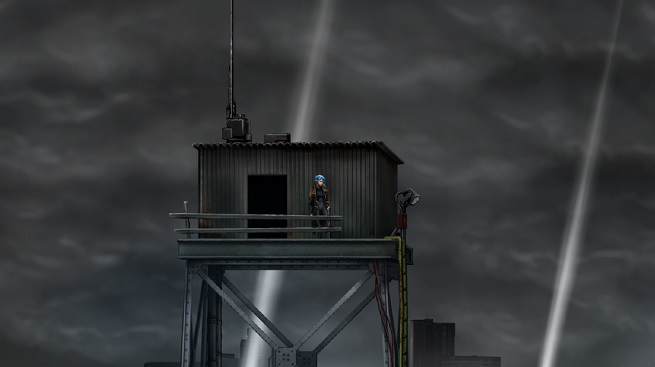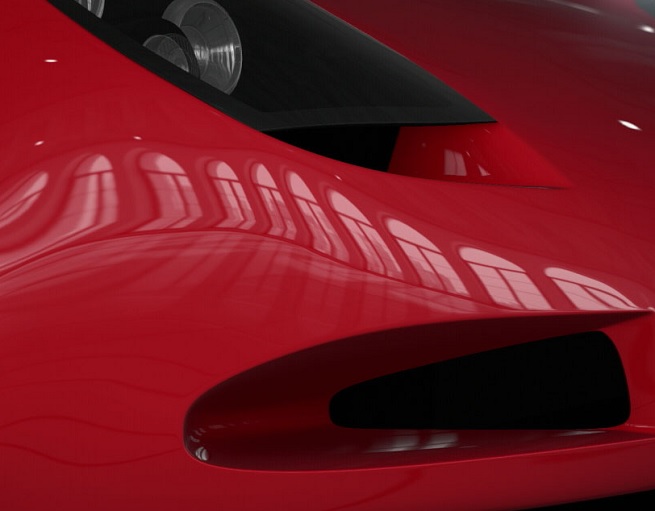GamesBeat: If something’s taking off in the asset store, maybe all of the other game developers should take note. There’s this thing that everyone seems to be using.
Helgason: Oh, I think everyone who uses Unity relies heavily on the store. The cost savings from using it are just mind-blowing. The people who are selling, they’re doing really well. Several hundred are having a significant income from it. Several dozen might be between making a full living and getting rich.
Question: You mentioned that you wanted to be optimistic about micro-consoles. Of course, there’s a lot of discussion from you and others about the growing power of mobile devices. We’re bullish on connecting phones to big screens through wireless HD and other technologies. I’d like to know your thoughts and plans for supporting tools as far as doing things simultaneously on the small screen and the big screen.
Helgason: We already support that with mirroring, which is separate. On iOS you can also, for example, have different views. With Samsung we’re working on their multiscreen project, to make it really easy for their ecosystem. Over time we just want to make sure that it’s easy everywhere.
The reason we haven’t gone all in from the very beginning of that trend is just because we haven’t seen a lot of need for it. The pull hasn’t been there. You have latency issues and controller issues and so on, which makes it hard—Doing something with your touch device while something plays on the big screen is kind of hard. But no, no good answer, other than we think it’s a very viable use case and we want to support it. People have done it and it does work in many cases, for a lot of different situations.
Question: The rumor a while back was that AutoDesk was trying to acquire you guys. Thanks for not selling, if that was at all possible.
Helgason: If I had a dollar for every rumor about acquisition, I wouldn’t be rich, but I could buy myself a really nice meal.
Question: I wonder if you could set our minds at ease, though. To a lot of developers, Unity is almost priceless, and we want you guys to stay independent. Maybe you could talk about your vision for the next 12 to 24 months, where you see Unity, and if there’s any exit on the horizon?
Helgason: No, I can say with perfect candor that there’s no such discussion going on, no negotiation, and nobody in particular is approaching us right now. There have been approaches in the past. Good technology companies get approaches. But we’re very focused on being able to support the whole ecosystem and be a kind of Switzerland between all the platforms – hardware devices, operating systems, publishers and down that line. We really believe that Unity is best if we can support everyone. That’s been our long-term plan and tradition.
That’s also how we structured the company. We raised venture money, but we put all the money in the bank. We’re very conservative about how we run the business. We know it’s more important for developers that we’re there than that we have a particular style of success or whatever. We’ve now been on the market for nine years. The goal is to keep Unity on the market for another 10, 20, however many years we can keep at it.
GamesBeat: What else would you say are some decision that you have to make to keep Unity useful for indies?
Helgason: One of them is just letting our developers – the people who are in the company, creating the product — make a lot of decisions on their own. They’re recruited largely from the game industry, and from all kinds of companies, including small studios. Their intuitions as far as what developers need are really good. That’s one way we do it.
Another is, we partner with a lot of big companies, but we partner very carefully and selectively. We don’t do exclusives. We don’t overcommit ourselves to one particular direction or form factor or operating system and so on.
Question: What are your plans for supporting HTML 5 as a run-time?
Helgason: We started working on that quite a while ago. We announced it and showed it at GDC a couple of months ago, a Unity exporter for HTML 5 and WebGL. It’s running really well. It’s not perfect, but it’s going to be out in what we call a preview with our Unity 5, which is the next big release. It doesn’t have a date yet, but it’s getting really close. It definitely exists and it’s surprisingly awesome.
GamesBeat: Are you optimistic that we could get to universal cool 3D browser games?
Helgason: Yes, if you count “universal” as only new browsers. A couple of browsers are big question marks as far as whether they’ll support WebGL at all. For these, we still have our browser plugin, so you can create the same content across browsers that support WebGL or not. But give it a couple more years. I wouldn’t be surprised if every major browser supported WebGL.
GamesBeat: And then we don’t need consoles anymore?
Helgason: Ah, it’s not that simple. HTML 5 is very fast. JavaScript in HTML 5 is really fast. But it’s still a thick layer between the CPU and the code. So no, I think it’s only part of the use case. We need native for at least quite a while still. More than a couple of years.
VentureBeat's mission is to be a digital town square for technical decision-makers to gain knowledge about transformative enterprise technology and transact. Learn More




